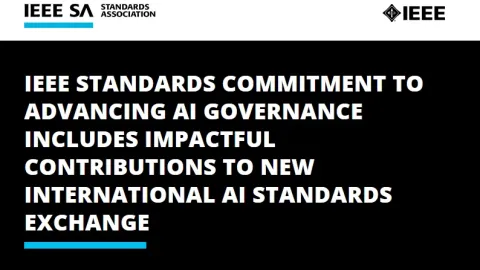News Europe
Please note that you have to be a registered member with paid membership in order to see full articles.
Become a MemberSelected News
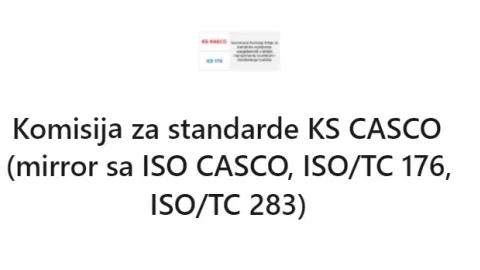
Serbia Adopts Translation of ISO 21001:2025 for Educational Organizations
The KS CASCO Commission has adopted the Serbian translation of ISO 21001:2025, the management system standard for educational organizations.
European Commission Prepares Draft Rules for Digital Product Passport Registry
The European Commission (EC) is preparing a draft implementing regulation to set out how the Digital Product Passport Registry will operate under the Ecodesign for Sustainable Products Regulation, with adoption planned for the first quarter of 2026.
EU Medical Device Database EUDAMED Opens First Mandatory Modules
The European Commission has published the first four functional modules of EUDAMED, the EU database for medical devices and in vitro diagnostic devices.
European Climate Adaptation Standards Advance Under CEN and CENELEC
CEN and CENELEC are progressing European standardization work on climate adaptation,
How European Standardization Prepares For EU Circular Economy Act
European standardization bodies CEN and CENELEC are structuring how circular economy principles will be translated into practical rules, as the EU moves toward the adoption of the Circular Economy Act.
Europe Begins Work on a 3D Printing Standards Roadmap
Europe has begun work on a new roadmap to guide the future development of standards for 3D printing, with the aim of supporting safe, reliable, and widely usable additive manufacturing across the continent.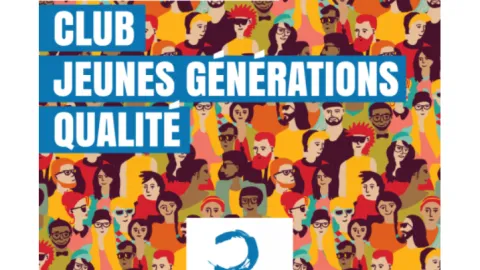
France Qualité Opens Registration For Young Generations Quality Club
France Qualité AFQP, the national network that promotes quality practices in France, has opened registration for the Young Generations Quality Club, a new initiative aimed at students, apprentices, and young professionals interested in quality.
Slovenia Establishes New Technical Committee on Digital Product Passport
Slovenia has set up a new technical committee, SIST/TC DPP Digital Product Passport, to support the country’s digital and sustainable transition and to align national practice with upcoming European rules on product data and circularity.
Brain-Computer Interfaces Joint Committee Proposed Within CEN-CENELEC
A new joint European technical committee focused on brain-computer interfaces has been proposed within the CEN-CENELEC system,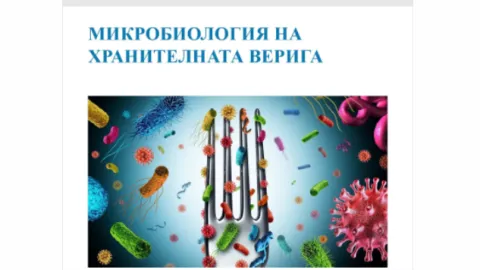
Microbiology of the Food Chain Featured in the Final 2025 Issue of BDS Compass
The fourth and final 2025 issue of BDS Compass focuses on microbiology of the food chain, showing how standards support food safety by ensuring reliable testing from primary production to finished products.
Changes In Global Accreditation And SME Governance In December Issue Of AccrediaLetter
Accredia, Italy’s national accreditation body, has released the December issue of its monthly newsletter, AccrediaLetter,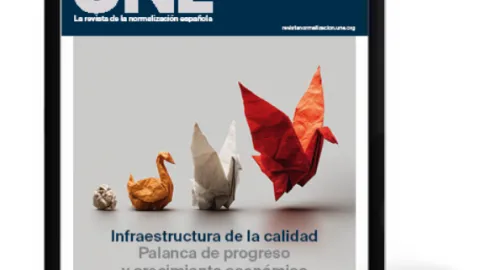
Quality Infrastructure Driving Innovation and Growth: December Issue of UNE Magazine
The December 2025 issue of UNE Magazine, number 86, is now available and centers on how quality infrastructure and standardization support innovation, competitiveness, and economic growth in Spain and across Europe.Global News
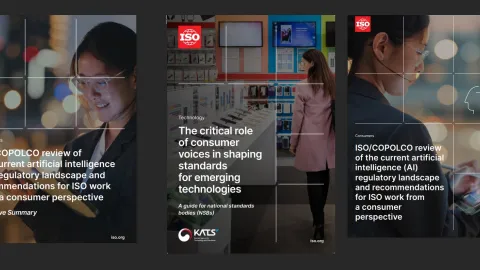
ISO Publishes Two New Resources on Consumer Voices in AI and Emerging Technologies
The International Organization for Standardization (ISO) has released two new resources aimed at strengthening the role of consumers in the standardization of artificial intelligence (AI) and other emerging technologies.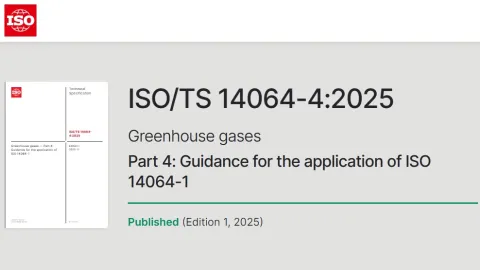
ISO/TS 14064-4 Introduced to Support Greenhouse Gas Reporting
The International Organization for Standardization (ISO) has published ISO/TS 14064-4, a new technical specification designed to help organizations apply ISO 14064-1 more consistently when measuring and reporting greenhouse gas emissions.
BRCGS Opens Public Consultation on Consumer Products Issue 5 Draft
BRCGS has opened a public consultation on the draft of Global Standard Consumer Products Issue 5, marking the first full revision of the standard since 2016 and setting the direction for how non-food consumer products will be certified in the coming years.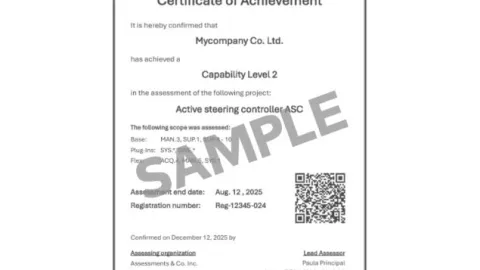
VDA QMC Introduces Official Certificates for Automotive SPICE Assessments
From January 1, 2026, companies will be able to officially register Automotive SPICE assessment results with the VDA Quality Management Center (VDA QMC) and issue recognized certificates without infringing trademark rules.
ISO 22095 Chain of Custody Standard Under Review With Call for Stakeholder Input
The international ISO 22095:2020 Chain of Custody standard is currently under review, and stakeholders are being invited to share their experience with using the standard.
International Standards Bodies Issue Seoul Statement on Trustworthy AI
International standards organizations have jointly issued the Seoul Statement on Artificial Intelligence, setting out a shared commitment to develop global standards that support safe, inclusive, and trustworthy AI.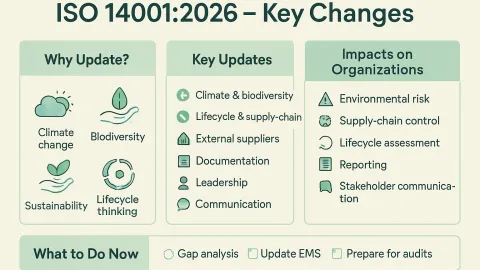
ISO 14001:2026 Final Draft Sets New Rules for Climate, Biodiversity and Documentation
The revision of ISO 14001 has recently entered its Final Draft International Standard (FDIS) stage, and the updated standard is scheduled for publication in April 2026.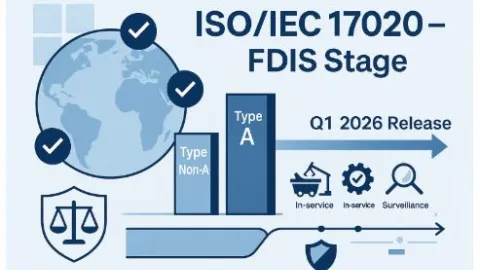
ISO 17020 Reaches Final Global Vote toward 2026 Release
The revision of ISO/IEC 17020, the international standard for inspection bodies, has reached the Final Draft International Standard (FDIS) stage and is now in its final global voting phase.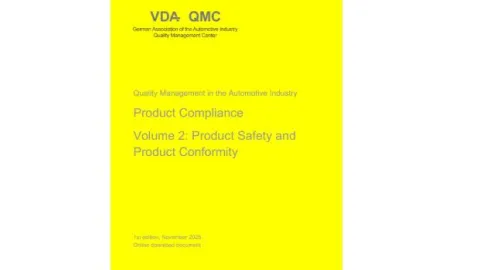
VDA Releases Draft Product Safety And Conformity Guidance for the Automotive Supply Chain
The German Association of the Automotive Industry (VDA) has released the first edition of Product Compliance Volume 2 as a draft edition, focused on safety and conformity requirements across the automotive supply chain, and opened it for industry feedback until February 21, 2026.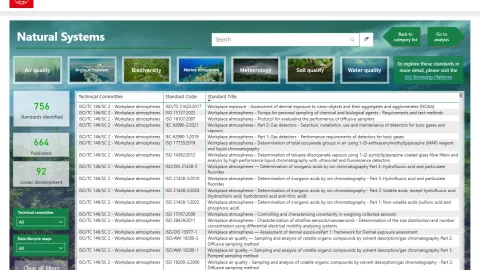
ISO Launches Interactive Dashboard with Over 1,100 Environmental Standards
The International Organization for Standardization (ISO) has launched a new interactive dashboard that brings together more than 1,100 International Standards linked to environmental data.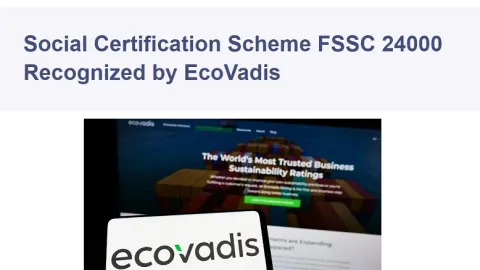
EcoVadis Recognizes FSSC 24000 Social Certification Scheme
EcoVadis has recognized the FSSC 24000 Social Management System Scheme as a valid certificate under the Labor and Human Rights topic, allowing certified companies to use it directly in EcoVadis sustainability assessments.